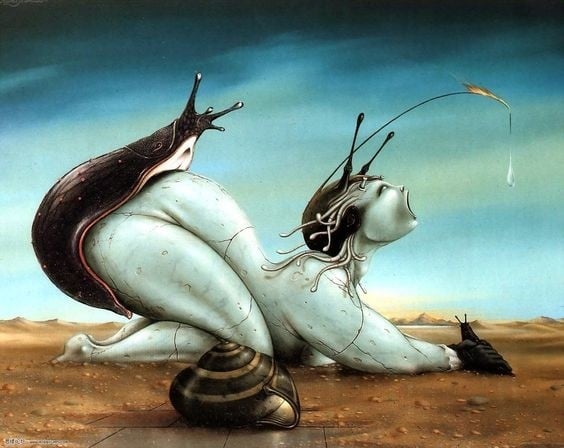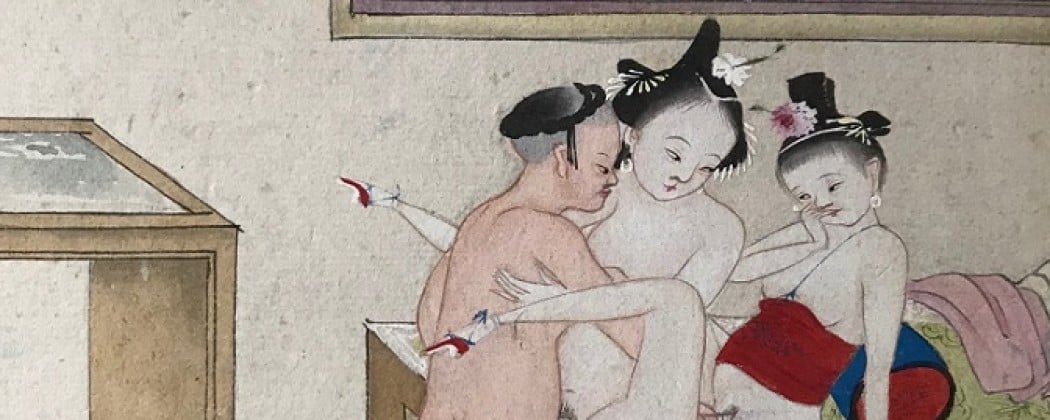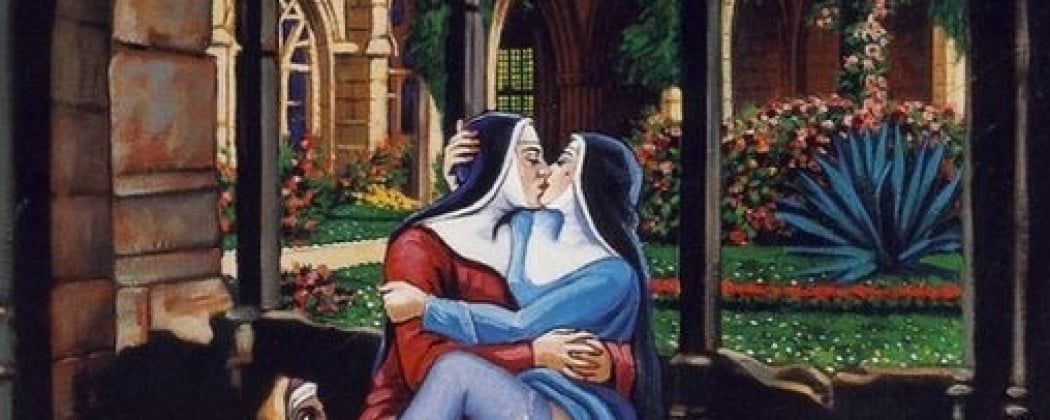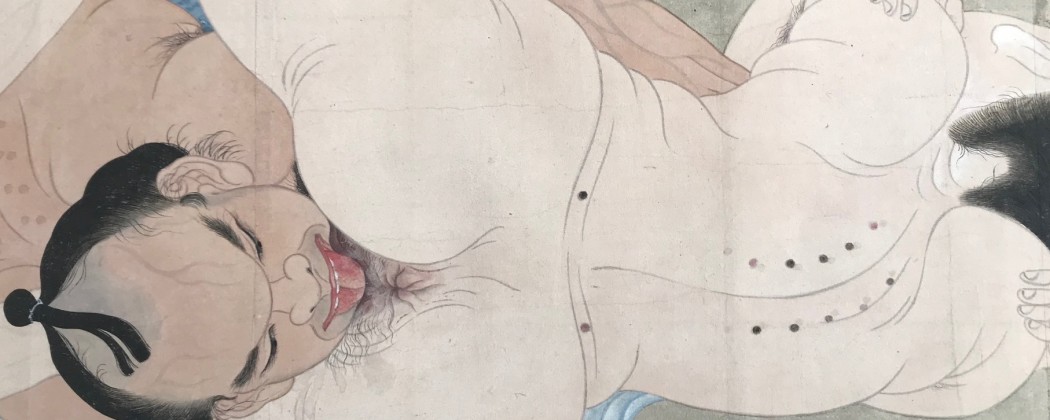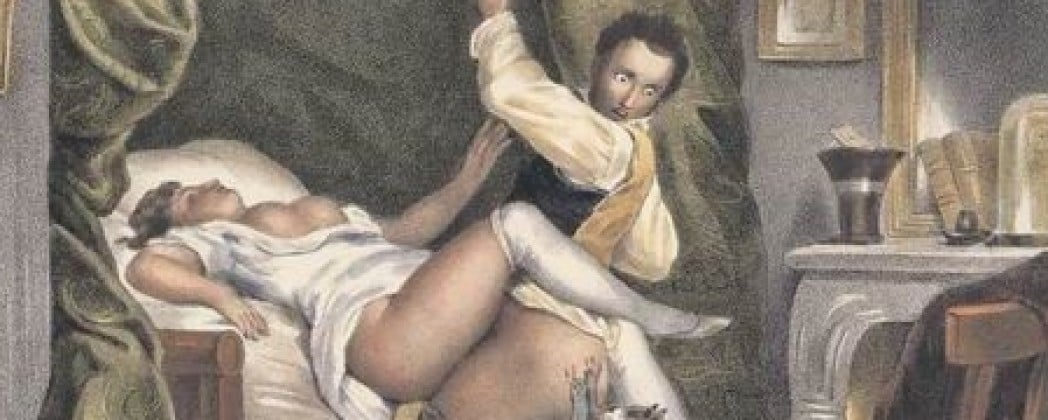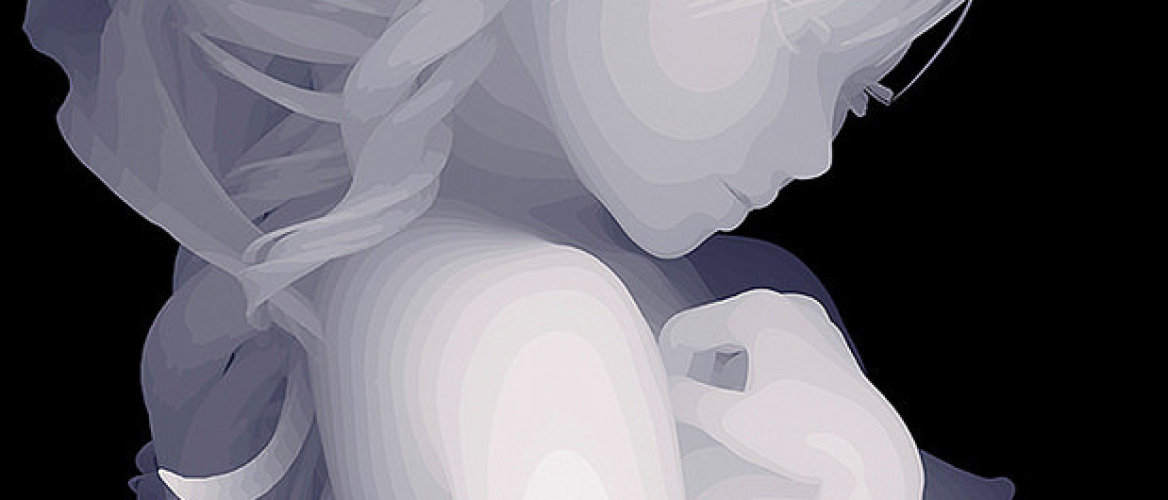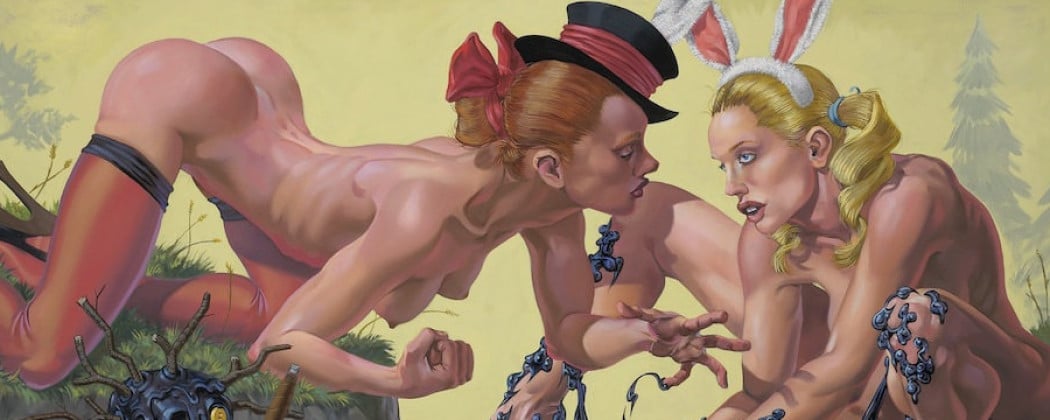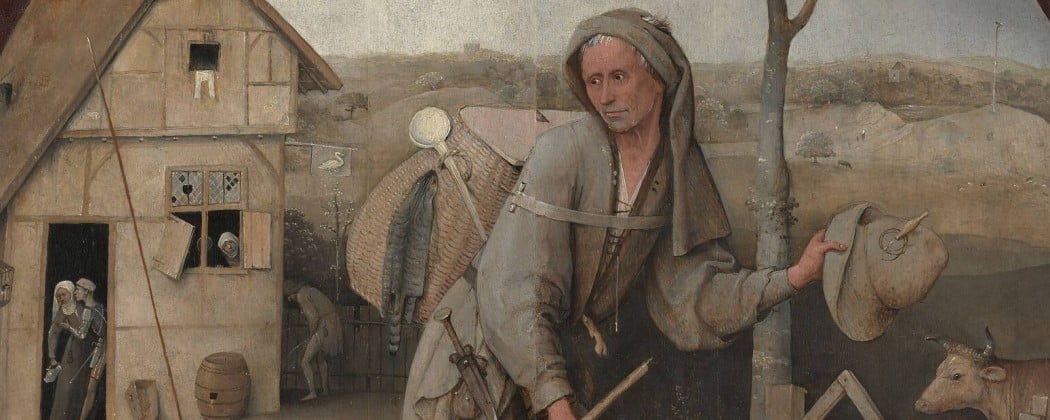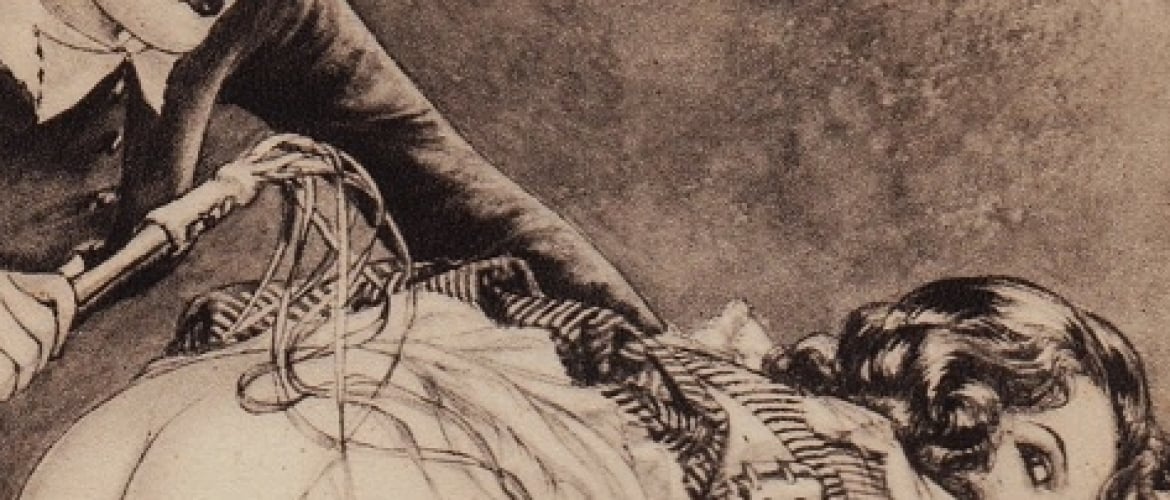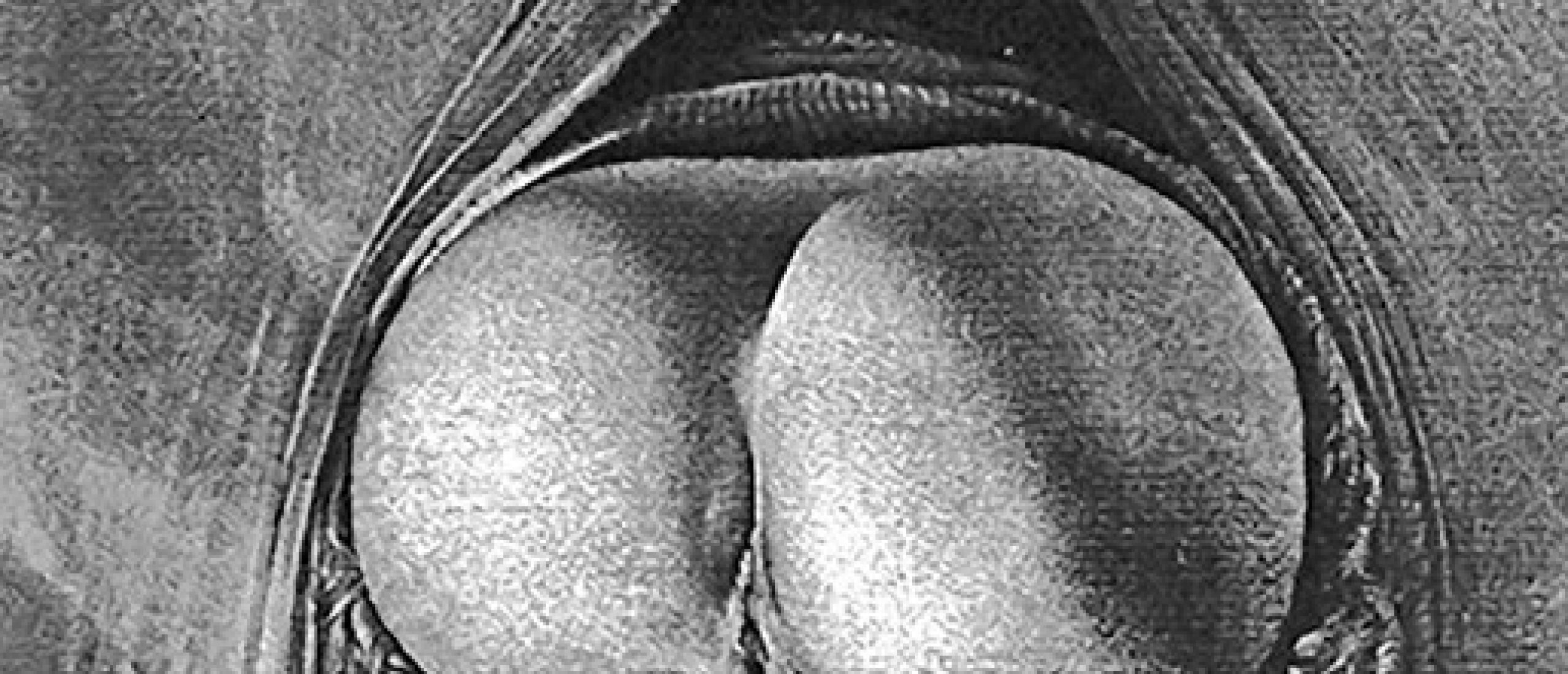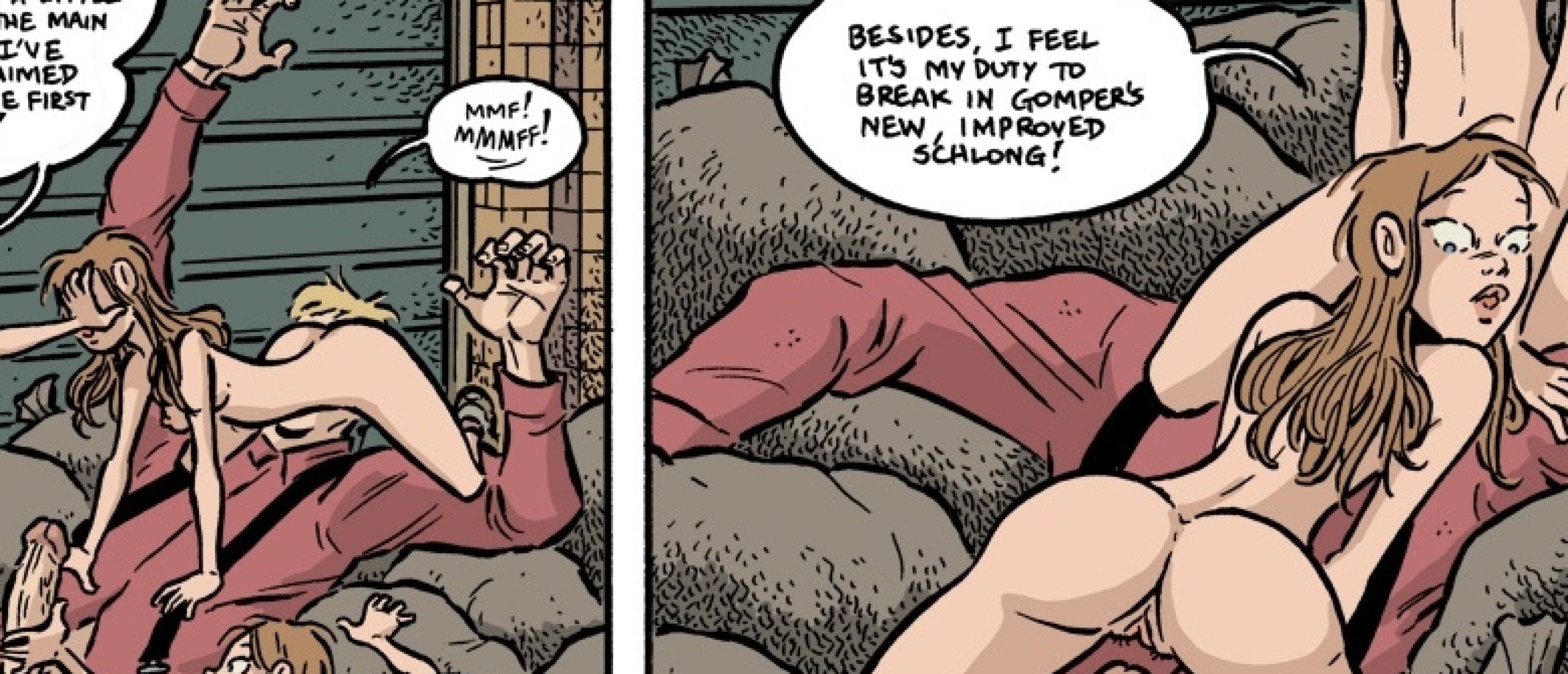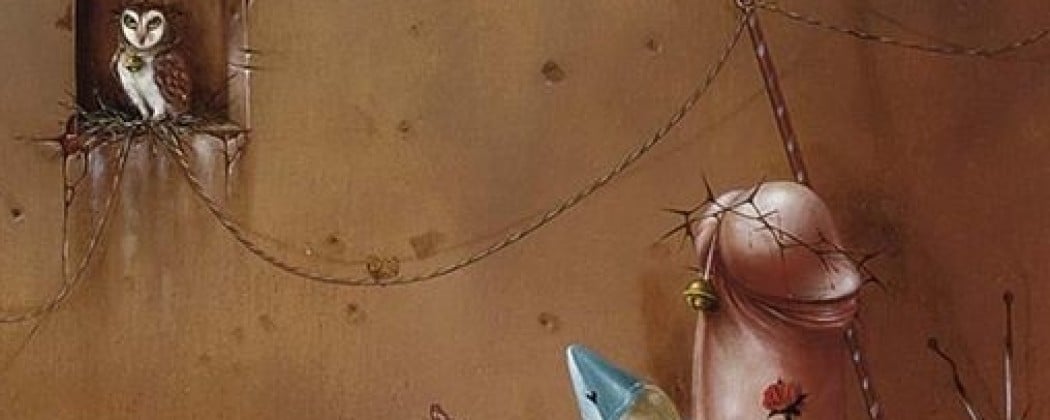
The self-taught Dutch artist Hans Kanters (1947) has been drawing ever since he was a child. The paint box he got from his father opened new perspectives, and after that drawing became second nature to him. His urge to draw is accompanied by the interest and attention he devotes to the technical potentials of what he calls his “craft”.
Mutations
Kanters’ work is difficult to describe. Anyone who wants to understand the painted world of Kanters will have to move between the extras, mutations and metaphors. He shows that nothing is impossible in painting, his creatures take all possible forms that arise from the painter’s mind.
Inquisitiveness and Hunger
Kanters did not attend an official art academy, but this never bothered him. He more than compensated for this lack by his inquisitiveness and hunger to learn when it came to the numerous manifestations of art available in the 1950s and 60s via books and museums in the Netherlands as abroad.
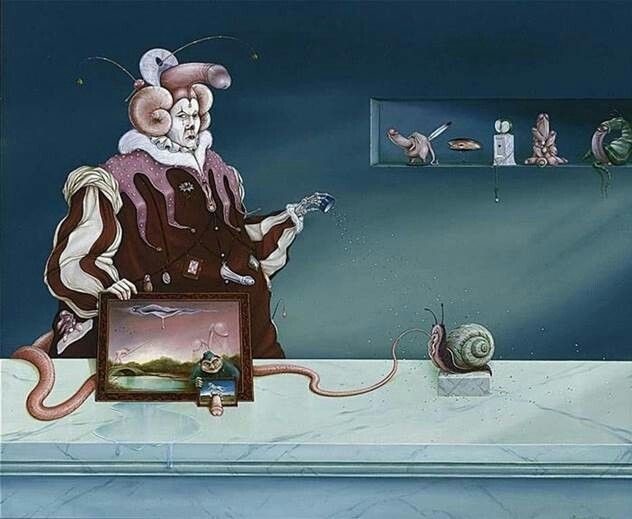
Technical Mastery
It was with the greatest of ease that he then mastered the art of painting. In the course of time, his excessive self-discipline has earned him technical mastery of the very highest sort. The immense interest and care devoted to the technical side of painting were instrumental in determining the total quality of his work.
Erotic Motifs
Although Kanter’s surrealist universe is rich with all kinds of motifs and displays the obscure, the absurd, the trivial, the oppressed, the lunatic, the confused, the dreamed and the poetic side of the human soul, we’ll zoom in (off course) on the erotic motifs of his earlier work.
Melle
In his early twenties, Kanters became acquainted with the Dutch artist Melle*. The erotic implications in Melle’s work were evident, and since Kanters admired his enigmatic universe with its erotic allusions he started to examine them himself too.
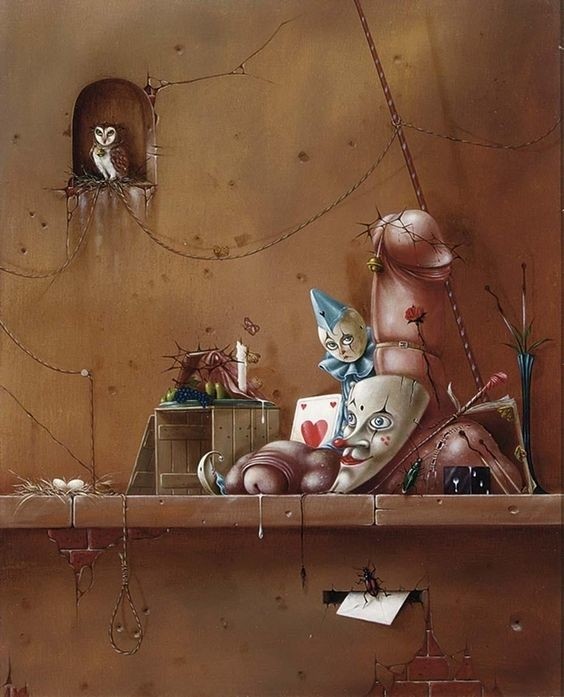
Provocations
While painting, Kanters discovered the shapes the genitals could assume, the comical and symbolic as well as the erotic ones. Upright or reclining, they willingly pose for him, assuming this shape and that, sometimes as critical elements, mockery, derision, impotence sometimes as provocations.
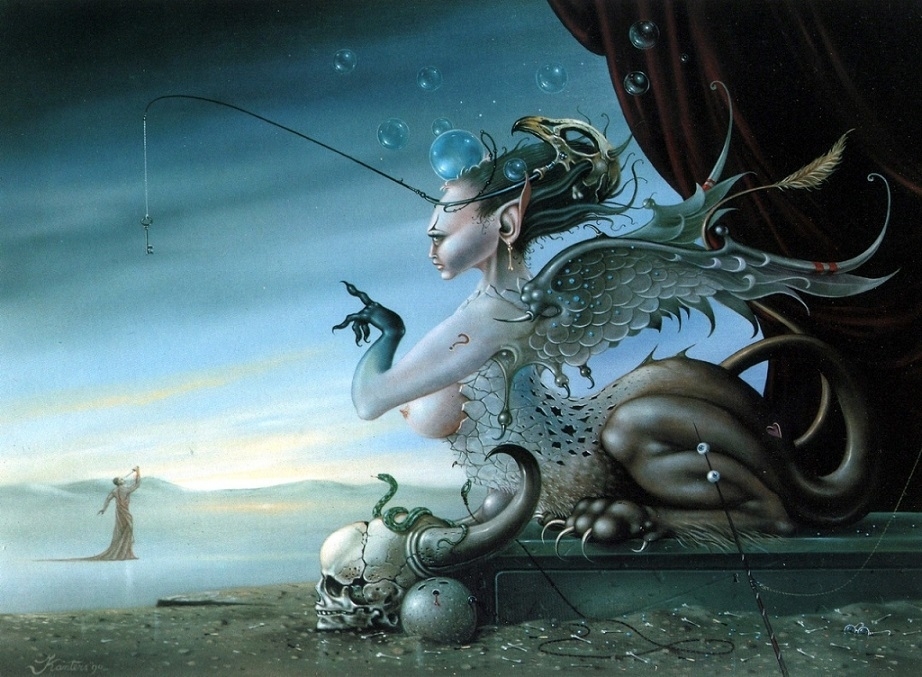
‘The Toadstool‘
Furtive Grin
In their variety, these genital symbols become the direct or indirect object in the story, with a furtive grin or grotesque smirk fortunately peeking round the corner now and then, reducing the “weight” of the parts.
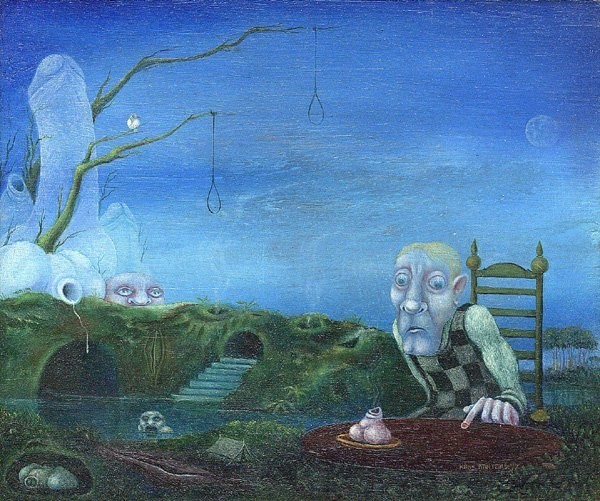
Satanic or Mischievous
They can also be dominant at times, standing square in the limelight, voracious or extravagant, satanic or mischievous, atrocious or sorrowful. A complete masquerade or carnaval of the genders can be discerned in the early work, with symbolic references that, unlike those of the more melancholy Melle, infused with irony, parody and banter. And are at the same time connected through a panorama of grotesque detail with a modern-life feeling.
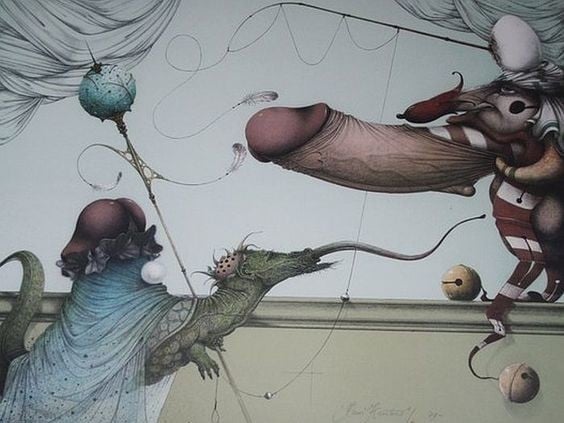
Lithograph
Human Soul
This way, Kanters turns inside out the obscure, the absurd, the trivial, the oppressed, the lunatic, the confused, the dreamed and the poetic sides of the human soul.
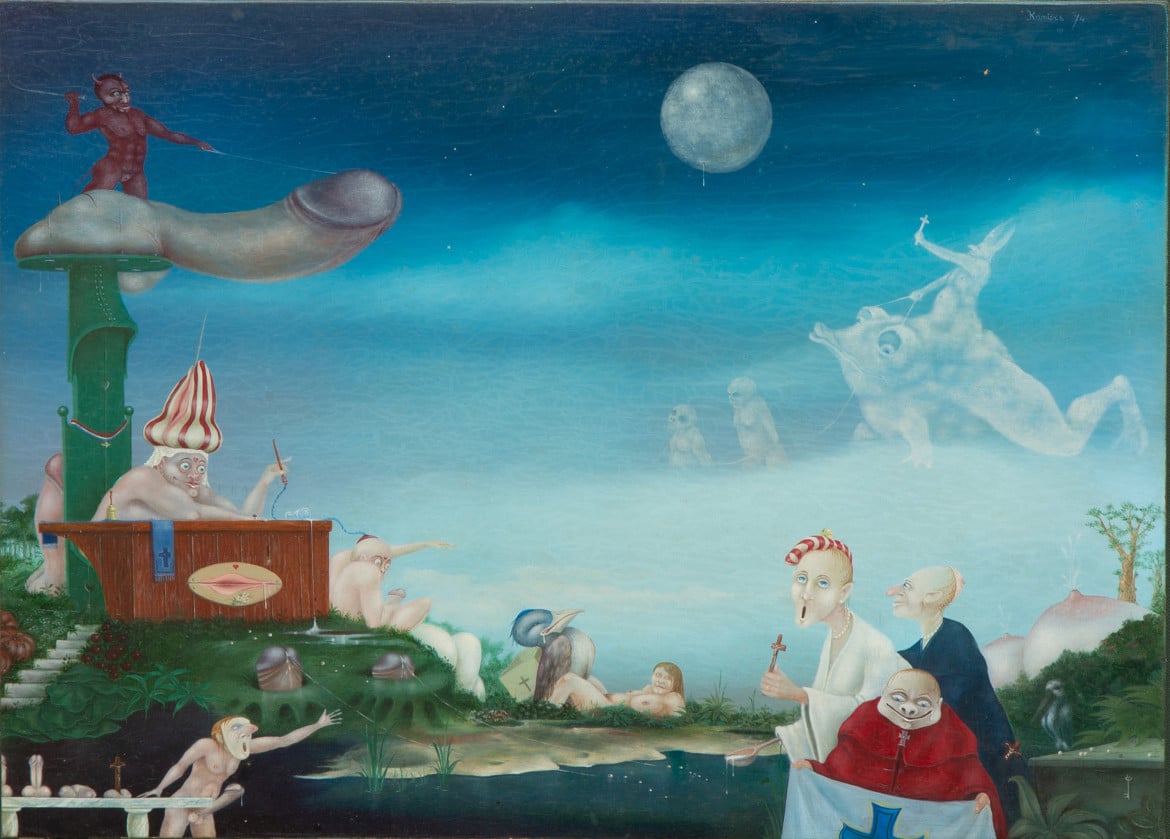
‘Untitled‘ (1974) (Source: Metzemaekers)
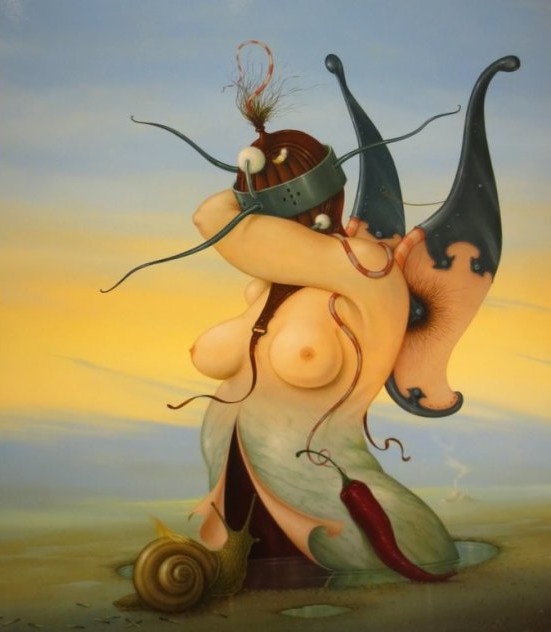
‘Slow desire‘
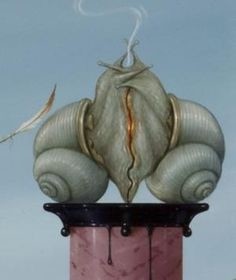
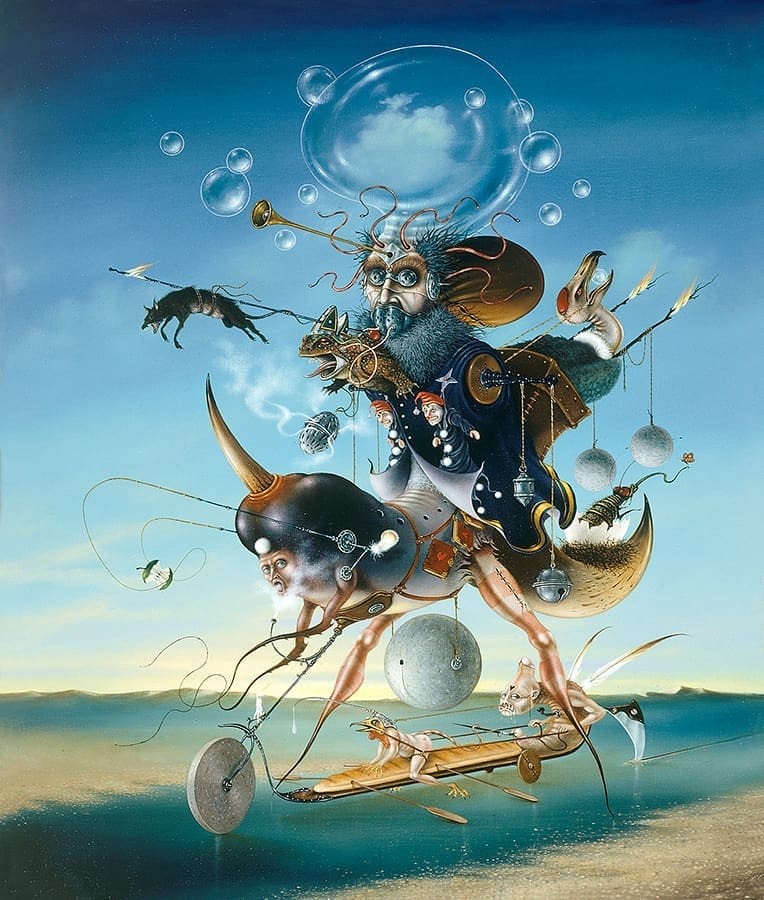
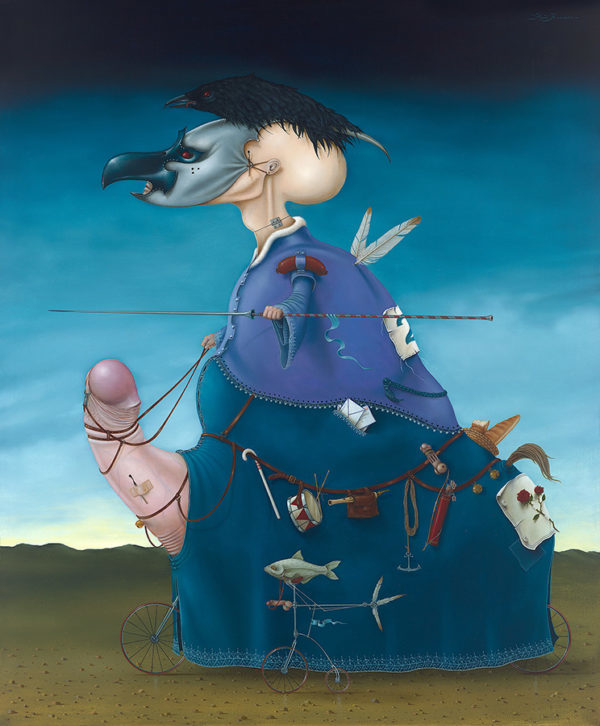
‘The Saving Angel‘
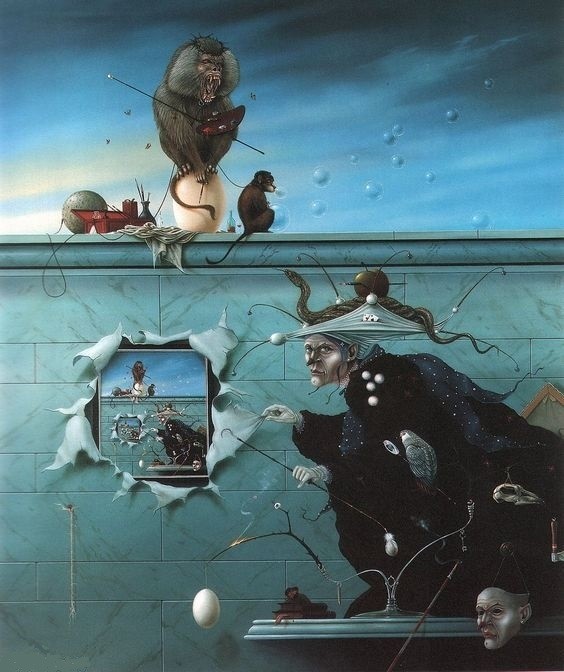
‘De waarheid gelogen ( The truth lied)‘
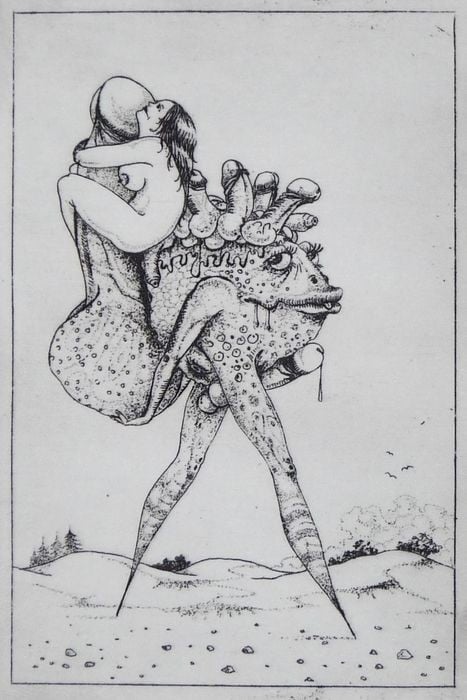
Etching ‘Erotic fantasy‘ (1976)
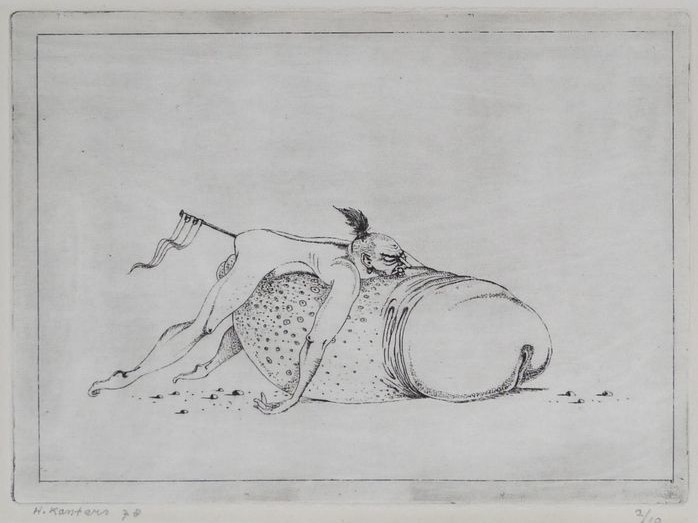
Etching ‘Erotic fantasy‘ (1978)
Click HERE for more phallic art….!!
*Melle Oldeboerrigter became known as an artist under the name Melle. He never really became very well known to the general public, but he was praised among artists. A number of figurative artists such as Wout Muller and Mathijs Röling are clearly indebted to Melle, who in part got his inspiration from Jeroen Bosch.
Melle was a painter who did not care about an audience or what was socially acceptable. Therefore, genitals can be found everywhere in his paintings. Even animals walk around with clear human erections. That immediately made the work somewhat difficult to sell. In addition, many of his paintings, following Bosch, are somewhat chaotic to say the least.
This has the advantage that you can look at such a painting for a long time, because it contains so many details that you can always discover something new. He cannot be denied a sense of humor. Obviously, it wasn’t just him doing the shock effect.
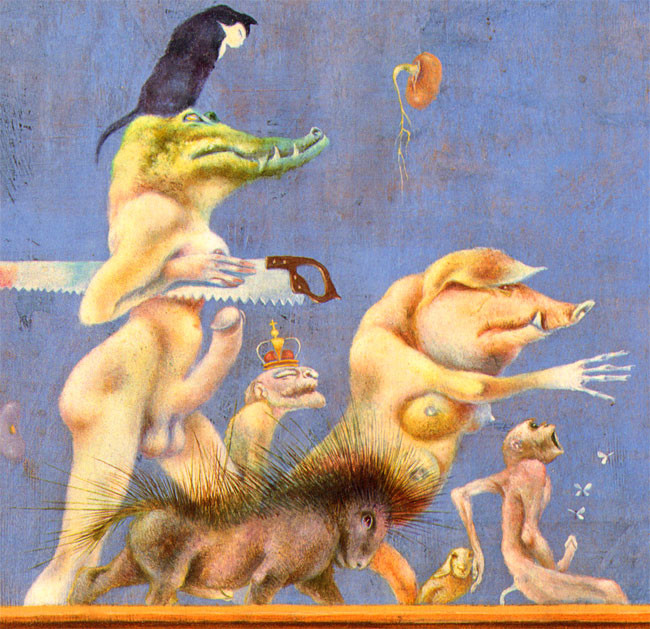
Painting by Melle
Source: ‘Hans Kanters, Monografie (Monography)‘, Galerie Hellingman, Amsterdam 1992
What do you think about the art of Hans Kanters? Leave your feedback in the comment box below….!!

